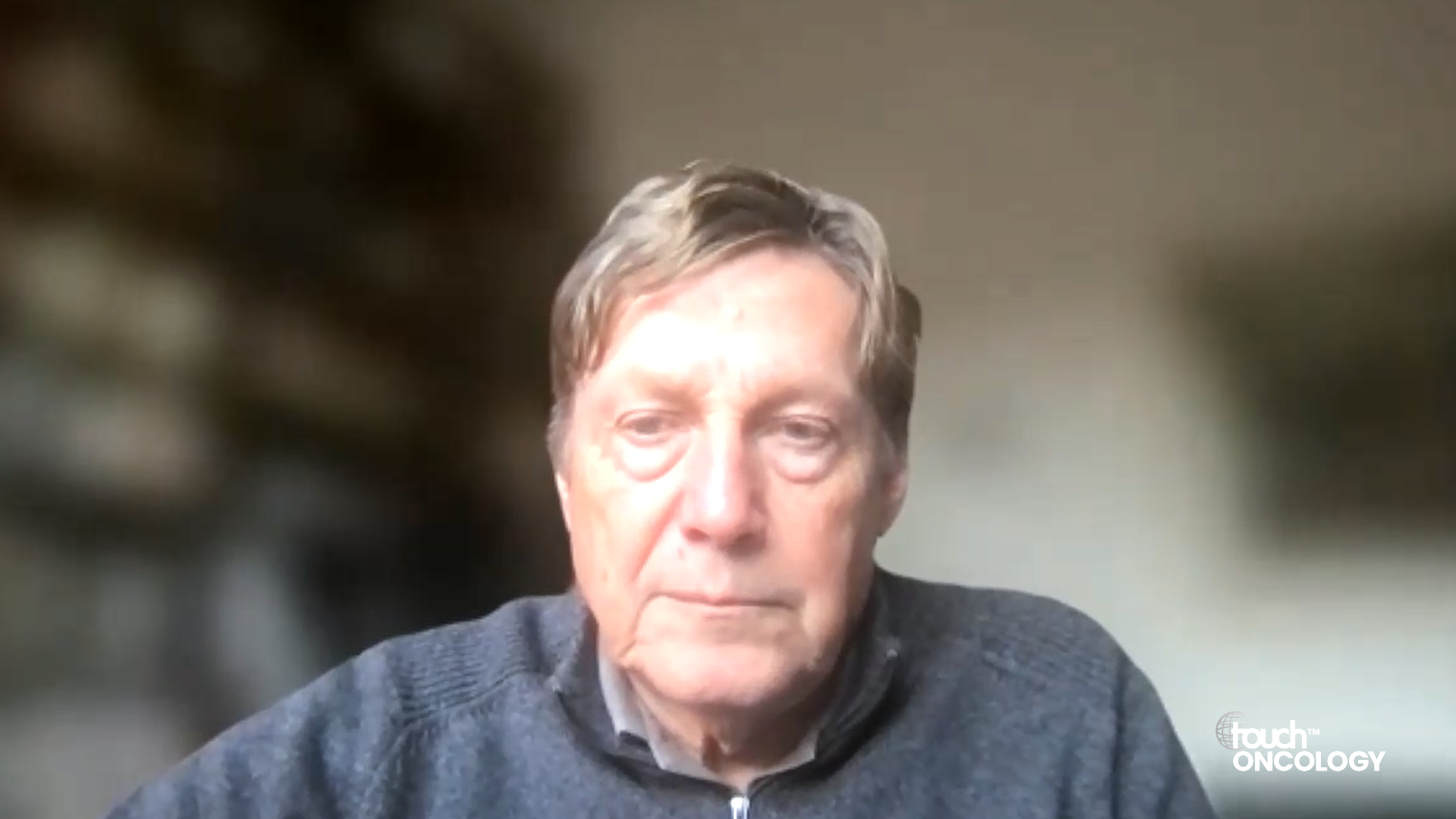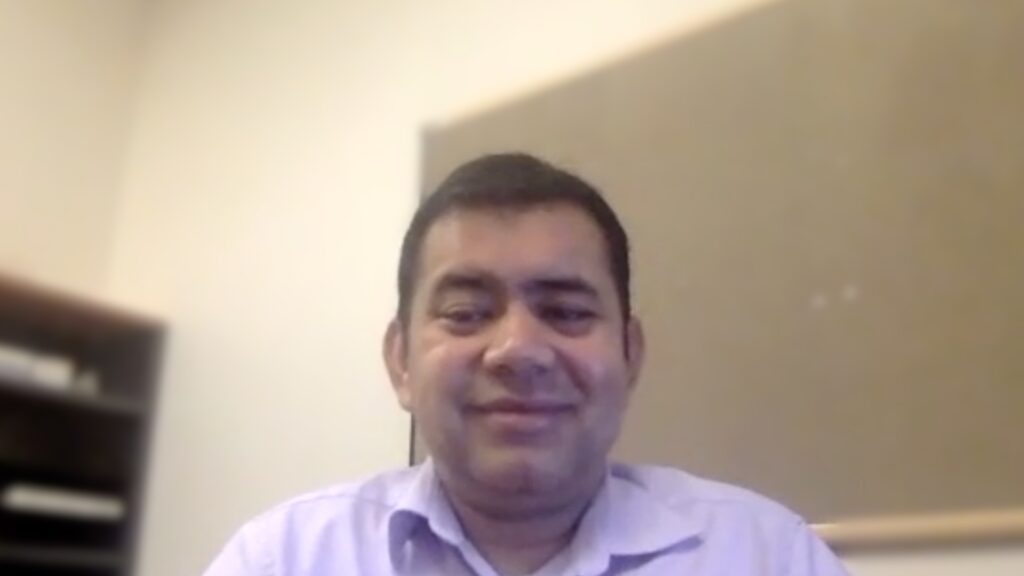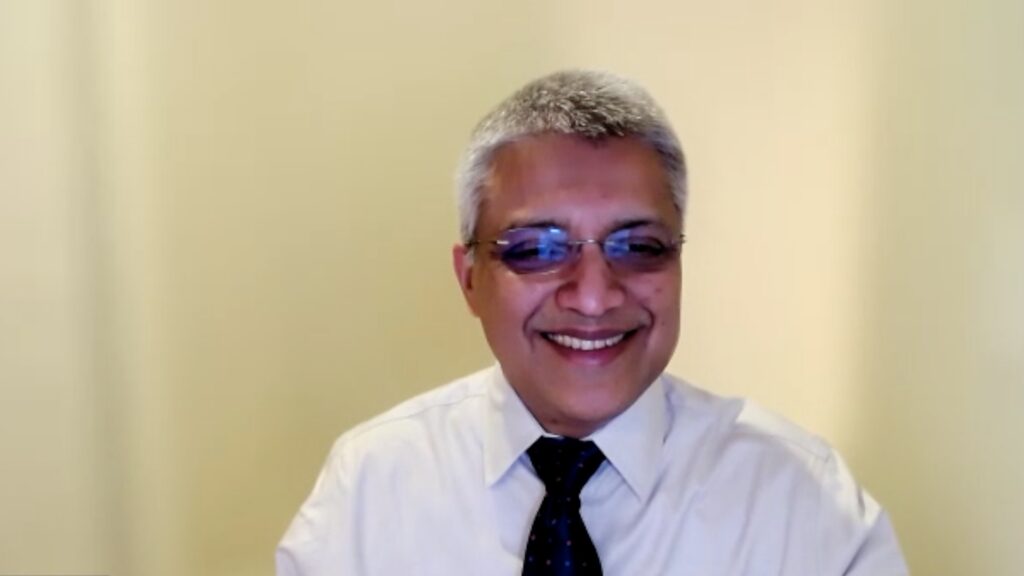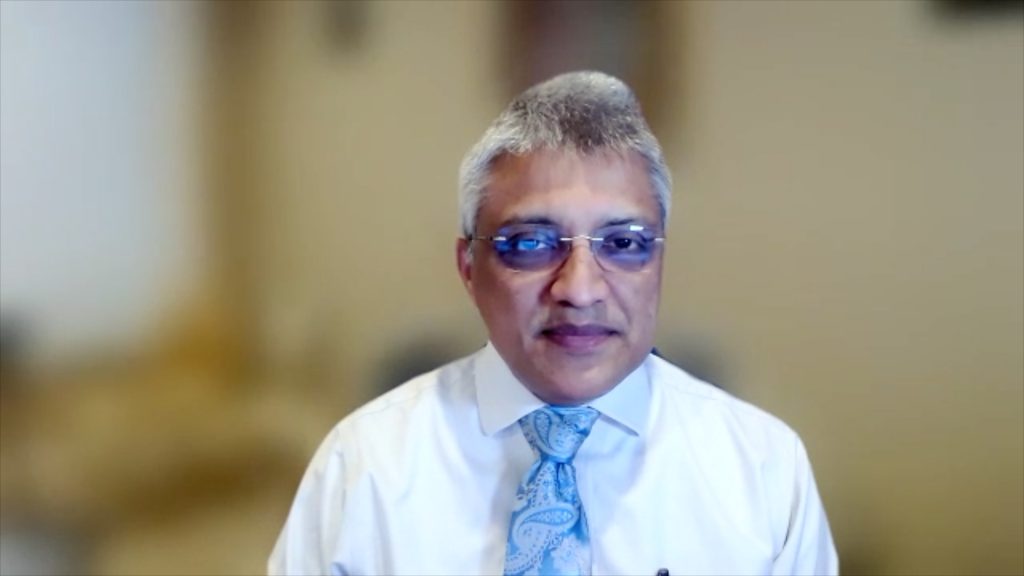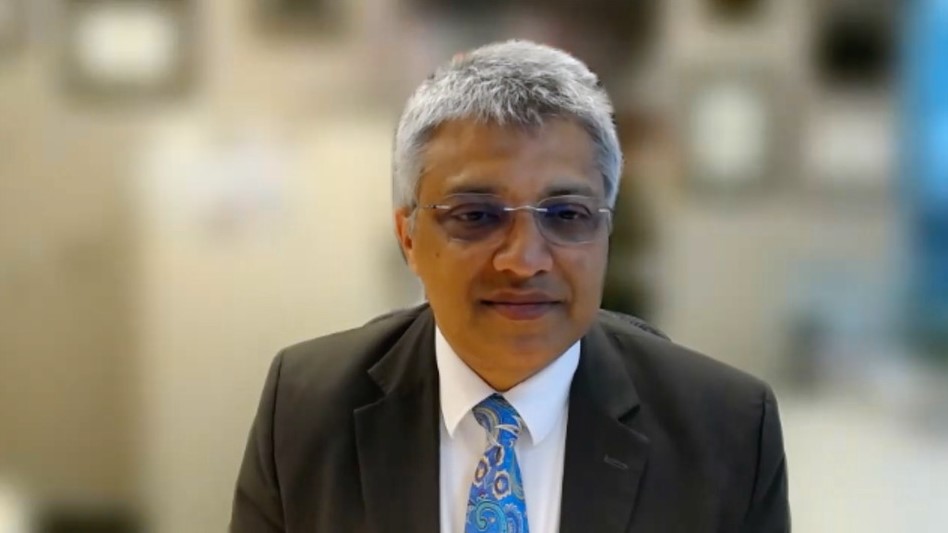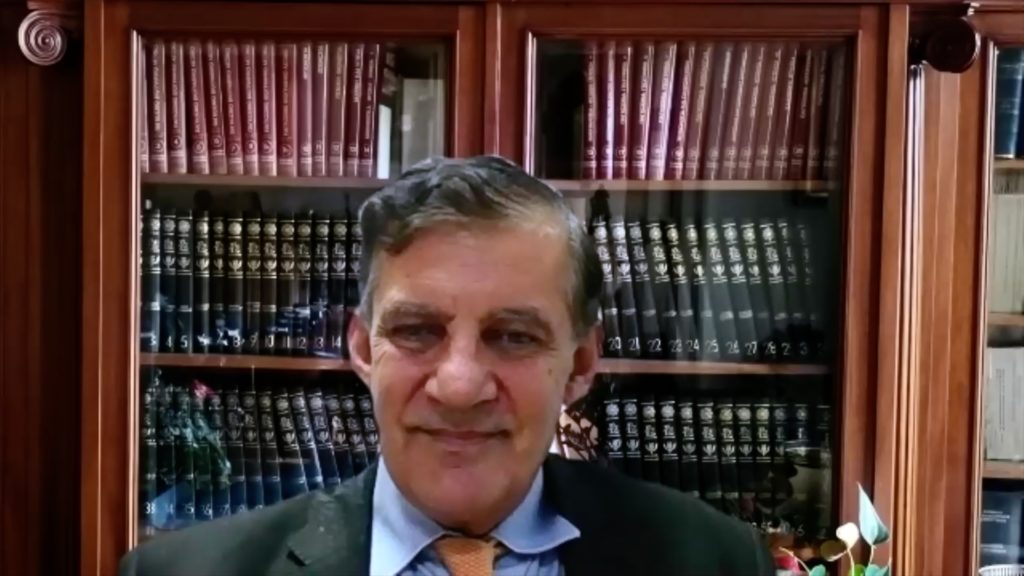In this interview, filmed at ASH 2018, Dr Constantine Mitsiades talks to touchONCOLOGY about the current and future treatment landscape of multiple myeloma. One of the most significant recent developments in the treatment of multiple myeloma, has been monoclonal antibodies (mAbs), particularly daratumumab. This anti-CD31 mAb has been approved, alone and in combination with other agents, by the US Food and Drug Administration and there are ongoing studies into other combinations. Dr Mitsiades discusses the issues around treating patients who become refractory to daratumumab and how there is still much to learn regarding optimal drug combinations and delivery methods. Looking to the future, Dr Mitsiades describes CRISPR-based functional genomic technologies and how they can be used to learn more about the genes involved in multiple myeloma. He is also interested in how next generation sequencing can be used to derive important information from the non-malignant cells of the tumour micro-environment.
Questions:
1. What have been the most significant recent developments in the treatment of multiple myeloma? (0:10)
2. What are the current unmet needs and the challenges you face when treating patients? (2:16)
3. What developments are you most excited about in your area over the next few years? (4:07)
4. Which presentations/data have interested you the most at ASH 2018? (5:45)
Speaker disclosures: Constantine Mitsiades has nothing to disclose in relation to this interview.
Filmed at the 60th American Society of Hematology (ASH) 2018 Annual Meeting, San Diego, CA, US, 1–4 December 2018.

